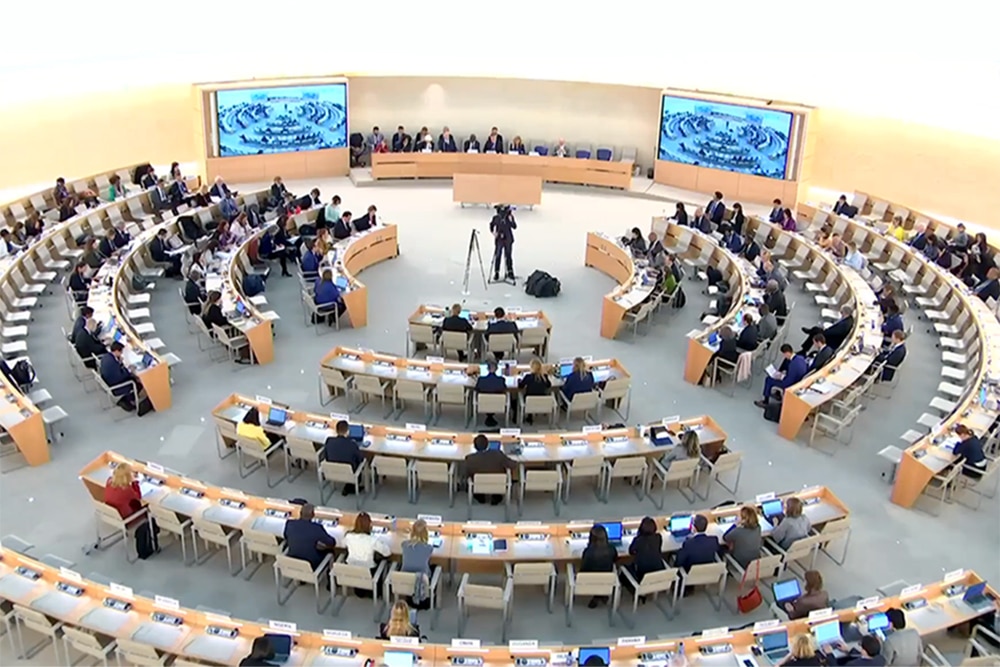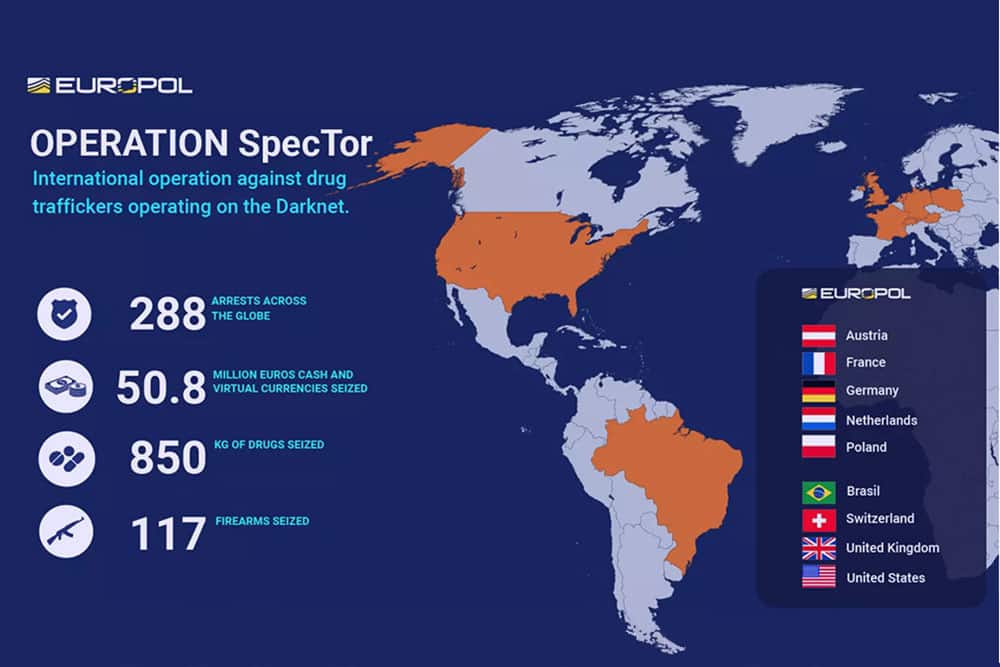A photo of a library of workplaces and baby nooks went around the world and became one of the most viral posts on the internet.
It’s about the Henrico County Public Library in Virginia and its director, Barbara F. Widman. Drawing from her own experience and raising her now-grown son alone, she noticed how difficult it is to be a parent in public spaces that aren’t designed with families in mind. However, users of the library, where Widman is the director, also face the same problem.
“Parents, guardians, or nannies would come to the library and struggle to use the computers while holding a baby on their lap or constantly watching where the toddler is going,” Widman says. She decided to design work and play stations that would entertain children while parents use computers.
Already in 2017, the library began construction on the new location. Widman worked with librarians, readers, parents and designers to bring the idea to life. Computer workstations and gaming stations opened in 2019.
“On opening day, a mother with a baby and toddler sat down at the Work and Play Station to use the computer and put her children in the bassinet – without receiving any guidance from the staff. It was a pleasure to see that the design was quite intuitive,” explains Widman.
For Matt Hansen, who has a 2-year-old daughter, Work and Play Stations are the perfect solution when he needs to get some work done in a hurry but can’t afford to call a babysitter.
“Several times a week I have to go through my mail, run errands, and take care of many other things that require me to sit in front of a computer. It’s amazing to have access to something like this,” Hansen shares. Unlike Hansen, who shows up at the library several times a week, many parents in the neighborhood visit the innovative space daily because it’s the only place they have access to a computer and the Internet.
In January 2022, Ali Farooq, the political director of Families Forward Virginia, tweeted a photo of the workstations. The announcement immediately attracted the attention of the national press.
“At first we were surprised by the huge interest, but then we realized that people with young children are happy when they feel noticed and respected in a public space,” commented Widman. Since then, the director has received many inquiries from organizations wanting to install similar Work and Play Stations, including libraries, universities and even parents who work from home.
For Director Wildman, the function of the Work and Play Stations aligns with the library’s larger mission: to allow people access to information and learning.
“These workstations and play stations are just one more way libraries can support, be part of the infrastructure that helps meet people’s information needs and make our spaces more accessible and inclusive for parents with young children.” , she said.
According to her, children’s departments in libraries often focus on literacy, which is important, “but these stations are the added value because they serve not only the children, but also their parents and caregivers.” “We want whole families to visit us and the library to meet all their needs at once.”
Illustrative Photo by Ivo Rainha:














